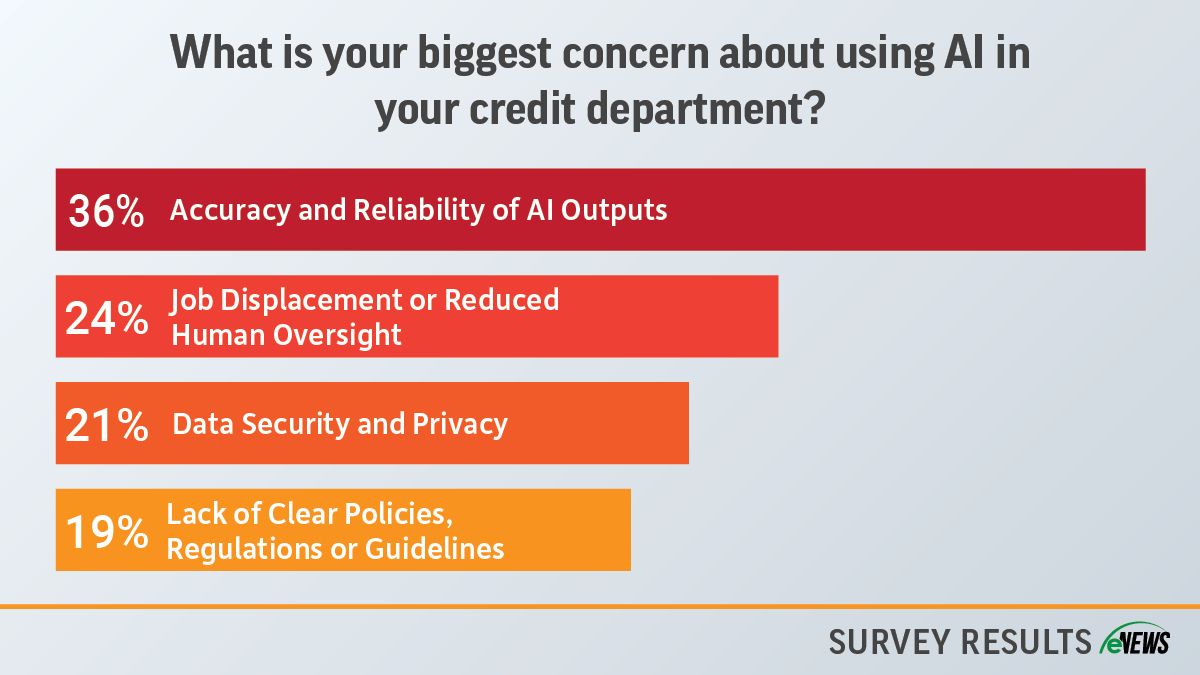Business Practices, eNews, Government
Antitrust: A Credit Manager’s Duty to Preserve Competition
Competition creates significant consumer benefits, including increased innovation, efficiency, variety, quality and lower prices. Antitrust laws, which prevent companies from unfairly dominating markets or stifling competition, ensure that customers have options.
Why it matters: Understanding and complying with antitrust laws is essential in the credit industry to preserve competition, prevent violations that could lead to severe penalties including fines and imprisonment, and maintain a company’s reputation and future business opportunities.

Competition creates significant consumer benefits, including increased innovation, efficiency, variety, quality and lower prices. Antitrust laws, which prevent companies from unfairly dominating markets or stifling competition, ensure that customers have options.
Why it matters: Understanding and complying with antitrust laws is essential in the credit industry to preserve competition, prevent violations that could lead to severe penalties including fines and imprisonment, and maintain a company’s reputation and future business opportunities.
Antitrust in Credit Groups
Antitrust laws help govern what can be shared and what cannot be shared during industry credit group discussions. Information shared during these meetings cannot restrain trade or influence decisions and must be impartial, historical, factual and unemotional. Therefore, it is prudent that each group member be vigilant as to not violate antitrust, either intentionally or unintentionally. NACM Credit Group Administrators (CGA) play an important role in making sure everyone abides by antitrust laws during credit group meetings.
Off-Limit Topics Under Antitrust
- Quality of your product and production levels.
- Distribution strategies.
- Boycotts and blacklisting.
- Company transactions for mergers and acquisitions.
- Joint ventures, which fall under the extension of credit.
But the main antitrust topic in the credit industry is price. “Not only can we not talk about price, but we also can’t talk about terms because payment terms are part of price,” said JoAnn Malz, CCE, ICCE, NACM Chair and director of credit, collections and billing at The Imagine Group LLC (Shakopee, MN).
When analyzing whether there was price fixing, price is any factor in the commercial terms that affects the total cost to the customer. This also includes:
- Payment terms, such as cash in advance, cash on delivery or 30/45/60 days terms.
- Transportation surcharges.
- Credit card surcharges.
Trade References
Antitrust also governs what group members can say and reply to customer trade references. “This is something that is competitively sensitive to the company that’s being asked to provide that information,” said Jonathan Lewis, partner in the Antitrust and Competition at Lowenstein Sandler LLP (New York, NY). “You also have to think about the contract with your customer which may say specific terms and references are confidential. By sharing that information, you’d be potentially losing a competitive advantage.”
Antitrust Topics Under Debate
Talking about what you’re doing now or intending to do in the future clearly increases the risk of violating antitrust laws. Cash in Advance (CIA) or Cash on Delivery (COD) may be viewed as a historical credit term but are often considered as current credit terms as it pertains to the customer today. “If you share with other members in a group that you’re on CIA terms, they can place that company on CIA terms without doing their own independent evaluation and documentation,” Lewis said. “It becomes a directional change that presents an issue to antitrust laws.”
An agreement among competitors to increase price (add a surcharge) violates antitrust laws. “If credit professionals discuss adding a surcharge during an industry group meeting and participants then decide to add a surcharge afterwards, someone observing these events may conclude that the surcharge came about as a result of an agreement,” Lewis said. “The risk here increases where the companies adding the surcharge cannot show—by pointing to contemporaneous documents, memos and emails—that they made an independent decision to add the surcharge.”
Malz suggests that every credit professional clears these antitrust topics with their legal teams. “From my perspective and understanding, CIA, COD and surcharges are governed by antitrust because they are all payment terms, which are part of price,” she said.
Understanding the Consequences
Antitrust violations can lead to significant consequences. Criminal antitrust violations can end with jail sentences and hefty fines. Individuals can be sent to jail for up to 10 years or face fines of up to $1 million.
Corporations can face fines in an amount calculated as the highest of:
- up to $100 million or
- twice the loss inflicted on customers or
- twice the unlawful gain to the offending corporation.
Companies that violate antitrust laws also may face future business restrictions. Companies convicted of criminal violations of the antitrust laws can be barred from federal and state business and can lose commercial customers as well. Antitrust violations also may result in treble damages in civil lawsuits. If a company is found to have violated the antitrust laws in a lawsuit brought by consumers, it may have to pay three times the amount of the actual damages.
Defending against antitrust claims is expensive, not only in legal fees but also in payments to expert witnesses and consultants. Antitrust claims also involve analyzing years of emails, memos and financial information, with data analysis expenses that can run up millions of dollars per year.
Antitrust claims are disruptive to business operations. It frequently involves many of a company’s key employees, taking up a great deal of their time and energy. Involved individuals may be fired and it is often difficult for people in these situations to get another job of the same type or level in the future.
The bottom line: Understanding and adhering to antitrust laws is crucial for companies to avoid significant consequences, such as fines, business restrictions and potential damage to their reputation and future job prospects.





